Portland Trail Blazers – Who Would Win An All-Time Point Guard Showdown? – Oregon Sports News
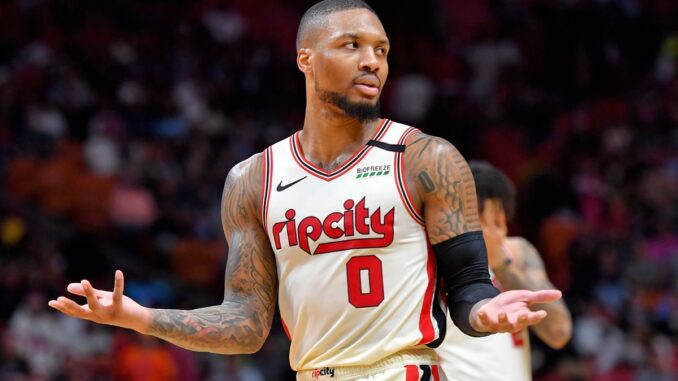
In their storied history, the Portland Trail Blazers have had numerous talented players, and many of them have been bold enough to suit up at point guard. These unique players must be among the most athletic on the court, capable of playing defense, and be one of the best shooters in the league, while also demonstrating a quality that many young athletes struggle with: selflessness. That’s not a knock on anyone; they grow up in a world where they are told they are the best thing ever and paid millions upon millions of dollars to do something they are good at. It would be tough for most of us to be humble in that moment.
These players need to be among the most electric players who are willing to let others get the glory of scoring points a good amount of the time, while still finding ways to contribute in other parts of the game. It’s a skill set that many players lack, as even the most talented players in the game often don’t possess the best court vision and basketball IQ. To be a great point guard, you need all of the above.
A true “1” on the lineup is no longer as common as it once was. Many point guards in the league are decent passers but struggle to gain the trust of their team and to contribute without the ball in their hands. Many of them also struggle to create their shot when no one is open or get creative to get someone away from a defender. They have to be the ultimate team player, running the offense and keeping their teammates on track, and are usually the smallest guy on the team at the same time.
But who has been the best of the point guards we have had in Portland? And are there any regrets over one of the all-time greats we narrowly missed out on?
Rod Strickland
Signed as a free agent going into the 1993 season, Strickland was primarily used as the 6th man before taking over as the starting point guard in 1995. He scored at least 20 points in 30 games his first year as a starter and recorded three or more steals 21 times, while also putting together at least 10 assists in a game 29 times. Not bad at all for following one of the best to play the position in Portland. The following season, Strickland scored at least 20 points in a game 26 times, recorded at least three steals in a game 14 times, and had 10 or more assists in a game 34 times.
Strickland was a very good scorer, excelled at taking the ball away from his opponents, and was one of the best passers in the game. In March 1996, he tied his franchise record for assists in a game with 20, a mark previously set in April 1994.
As younger players were slowly replacing the Blazers of the late 80s and early 90s, Strickland was one of the few players on the team keeping fans smiling as they watched their favorite team. Strickland, unfortunately, never experienced success in the playoffs, with first-round exits each of his four years with the team.
Strickland was traded to Washington in the summer of 1996 as part of the deal that brought Rasheed Wallace to Portland.
Damon Stoudamire
A Portland native, “Mighty Mouse” played high school basketball at Wilson High, winning two state titles. He was drafted by Toronto in 1995 and spent three seasons there before the Blazers traded for him in 1998.
Coming from a stellar couple of seasons north of the border, expectations were high that he would continue to play well back in Portland. But it wasn’t all roses early on.
In his first season as the starter in Portland, Stoudamire had 20 or more points only four times and struggled to get his new teammates to score when he had the ball, being credited with 10 or more assists in a game twice. He did have at least five assists in a game 39 times, averaging 6.2 per game. He scored around 20 points per game in Toronto, but in Portland, he hovered around 12 points per game. Part of the issue was that he was taking fewer shots in a crowded offense, where he had been one of the primary options in Toronto.
He seemed to find his groove again in the 2001 season, scoring 20 or more points 16 times, breaking 30 points twice, recording double-digit assists five times, while recording at least five 51 times, and averaging 5.7 and getting the ball away from the other team three times per game 15 times.
Mighty Mouse helped Portland reach the conference finals in back-to-back seasons in 1999 and 2000, and was the final piece to be removed when the front office decided to smash the reset button in the winter of 2004. At the end of the 2005 season, his contract expired, and the team let him sign with Memphis without making him an offer to stay in his hometown. Stoudamire was the only starter from the conference finals teams still on the roster at the end of the 2005 season.
Terry Porter
Selected by Portland in the 1985 Draft, Porter played with the reserves as a rookie before taking over as the full-time starter in the 1987 season. He scored at least 20 points 12 times, recorded 10 or more assists in a game 36 times, and stole the ball at least three times 28 times. To say he was an instant success as a starter was an understatement. The following season was even better, as he scored 20 or more points 12 times (including one game with 40 points) and recorded at least 10 assists in a game 41 times, averaging 10 assists per game on the season. He poked the ball away from an opposing player at least three times per game, 25 times, and had five steals in a game five times.
Porter had 19 assists in a game in April 1988, which stood as the franchise record for six years before Stickland broke it in 1994. His best season came in 1991, when he scored 20 or more points 26 times, averaged eight assists per game, and recorded at least 10 assists in a game 24 times, including 15 or more three times. He recorded at least three steals in a game 32 times, was voted to the all-star team, and finished in the top ten for league MVP.
Porter left Portland as a free agent in 1995 and still holds the franchise record for assists with 5319. He helped Portland reach the conference finals for three consecutive seasons from 1990 to 1992 and advanced to the NBA Finals twice, in 1990 and 1992.
Chris Paul
On draft night in 2005, Portland held the third overall pick and had the opportunity to draft the face of their future, as the team was in the midst of a complete rebuild. With future stars at point guard expected to be selected early and Portland having no future at the position, the odds were that they would choose Deron Williams from Illinois or Chris Paul from Wake Forest. Utah called Portland to initiate a trade, and Portland agreed to a deal that gave them the sixth pick and future assets. Utah selected Williams at number three, and one pick later, Paul was chosen by New Orleans. Portland selected forward Martell Webster of Seattle Prep with the sixth overall pick.
Before we get too far along, it’s essential to note that the 2006 draft likely shakes out the same way whether Paul is on the team or not, as the trades made to land LaMarcus Aldridge and Brandon Roy occurred outside of the deals that took place in 2005. The pick Portkand landed in 2005 was used at the end of the first round in 2006 for Joel Freeland. So, landing Paul doesn’t risk the team losing out on one of those two players, if that’s what you were concerned with.
In fact, what this draft alteration likely does is move Portland out of the lottery in 2007, and they have no chance to draft Greg Oden or Kevin Durant. They probably take a guy like Thaddeus Young at number 12, nothing that will keep anyone up at night in Portland.
Instead, they missed out on Paul, who was the runner-up for MVP, in the conversation for defensive player of the year, and was named to the NBA first team in his third year, around the time Brandon Roy was becoming a star in the league. In his 2008 season, Paul scored 20 or more points 42 times, breaking 40 three times. He recorded at least 10 assists 59 times, and had three or more steals in a game 37 times. That’s just one season, I won’t bore you with the rest. He could have helped Portland get to the second round of the playoffs and possibly more. He may have even been one of the bright spots when Roy was forced to retire in 2011, but he could have also been another dark spot, as he was traded to LA in the summer of 2011, just a few months before Roy’s retirement.
Damian Lillard
Lillard is one of the greatest players in franchise history, and it’s no surprise.
Selected at sixth overall, Lillard joined the rebuilt Trail Blazers featuring Aldridge, along with Wesley Matthews, Nic Batum, and Robin Lopez. Lillard won rookie of the year in his first season, was an all-star in his second season, and was known as one of the deadliest shooters in the game by year three.
He was regularly in the league MVP conversation from 2016 to 2021, finishing 4th in 2018. He was an all-star from 2017 to 2021, and helped Portland reach the conference finals in 2019 – their first appearance in 19 years.
Lillard was a great scorer, but could also pile up assists when he wanted to. His most impressive season on the stat sheet came in 2020 when he scored 20 or more points 58 times, including breaking 50 points six times. He recorded at least 10 assists 18 times, but only recorded three or more steals in a game 5 times. He averaged 30 points per game on the season, along with eight assists per game and four three-pointers per game. Almost as impressive as the assists and points is that Lillard averaged fewer than three turnovers per game. That amount of usage during a game, and he rarely made a mistake. The dude just got it done.
Injuries began to restrict him in the years to come, and this was the final year of his time in Portland, during which he played a complete season. By the time he was traded to the other Milwaukee in 2023, he had put his name at or near the top of every meaningful record in the building. He currently holds the first place in team history for three-point field goals made, three-point attempts, free throws made, free throw attempts, points scored, and overall efficiency. He is second in field goals, minutes played, and assists.
Lillard was more than a superstar here; he established himself not just as an all-time great in the league but as a historic figure for the franchise. When people talk about the best Blazers ever, it’s always a conversation about three guys, and Lillard is always heavily involved in that conversation. He’s not just a player, he’s one of the best, and I’m glad I got to see him do the incredible things he did while wearing a Blazers jersey.
Missing out on Paul might sting, knowing the guy they took instead wasn’t better than many players in the league and certainly wasn’t better than Paul or Williams, but knowing we got Lillard a few years later makes it ok. Having Paul here likely means the team wasn’t good enough in 2012 to have a shot at drafting Lillard, and I’m not okay with the Blazers having to go into the end of Aldridge’s time here with no clear leader on the team when the West was way too good. I think Paul makes the late 2000s teams better, but not a team that was going to win a title. He probably makes the Lillard years disappear or makes them much worse as he leaves, and the team has no one to build around. In retrospect, passing on Paul was the right choice. I will leave the timeline as is, with Webster and Freeland as the players we have instead – and most importantly, we have Lillard. Roy’s retirement stung a lot, and having Paul here would have helped ease the suffering, but not at the risk of never getting Lillard.
You don’t trade one of the best players in league and franchise history for a long shot at a what-if.
Share this content:
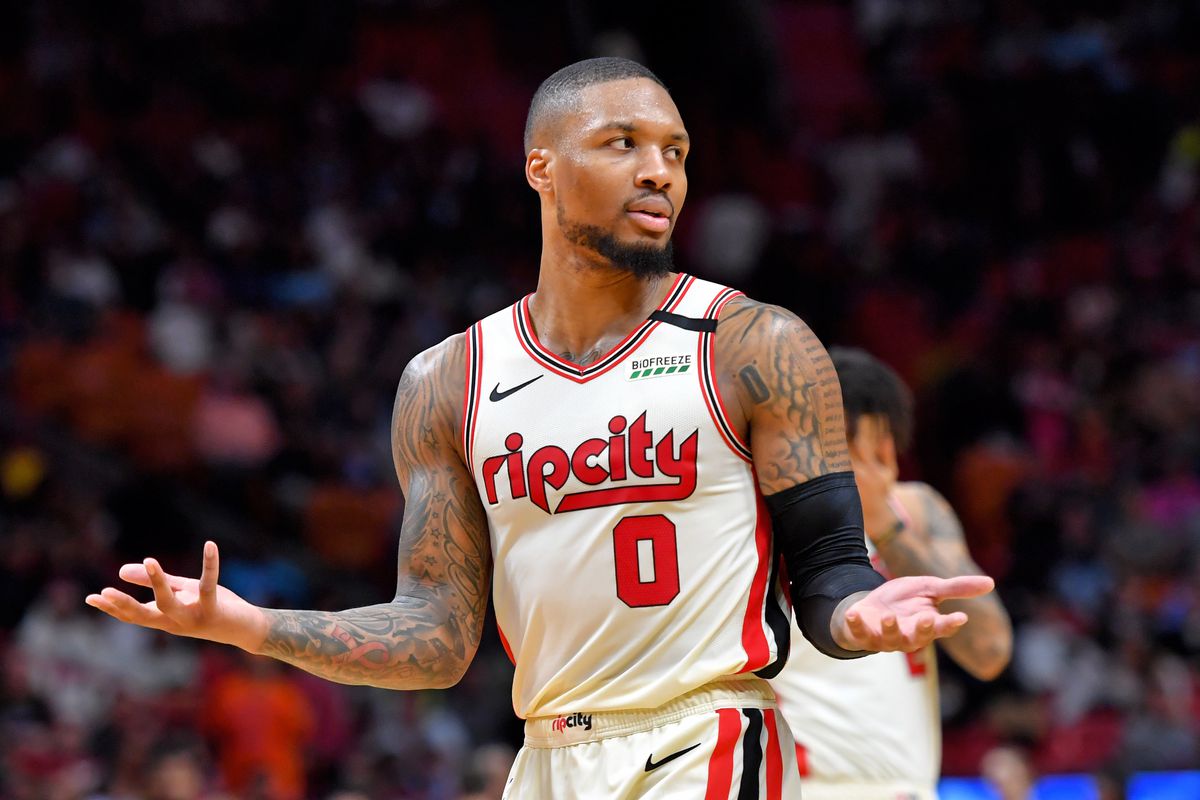

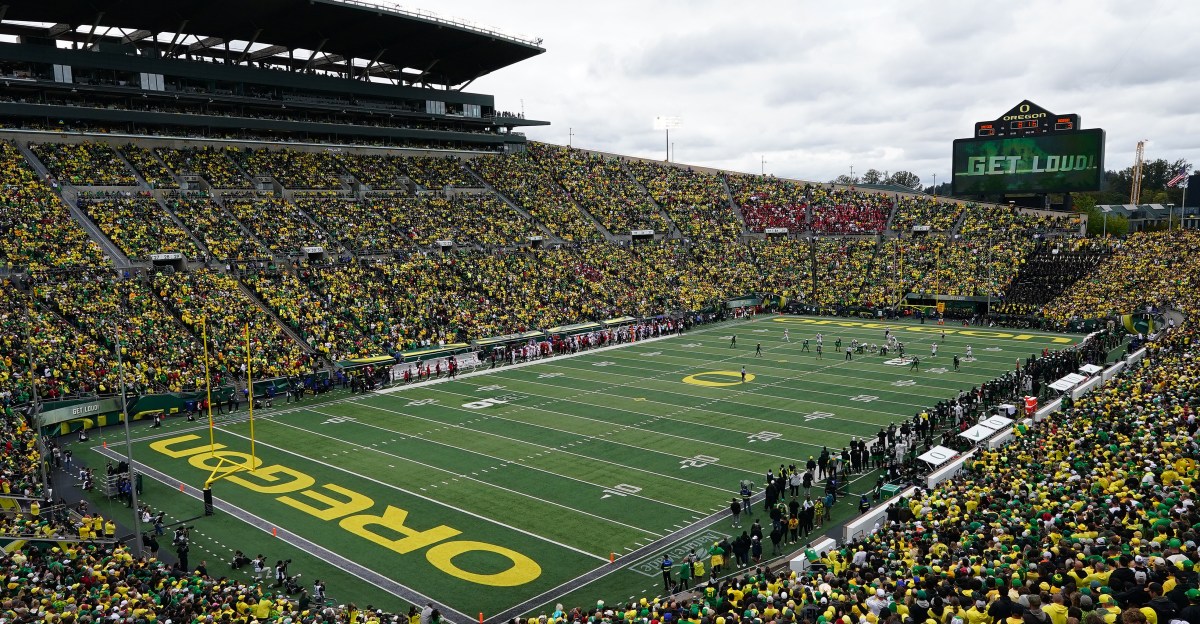
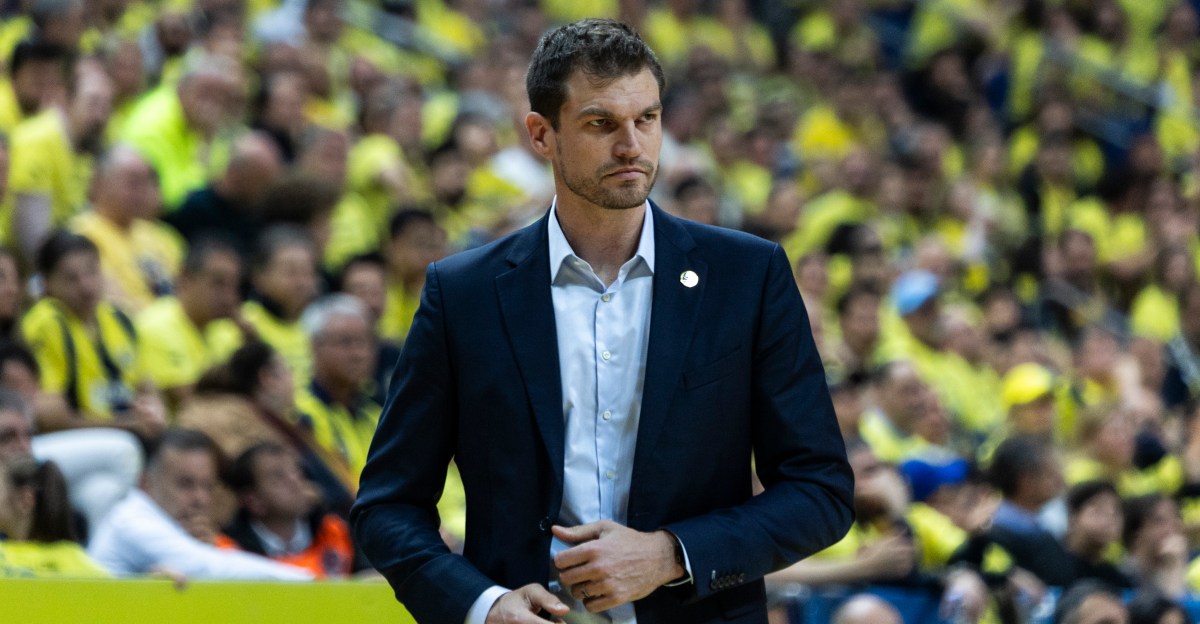
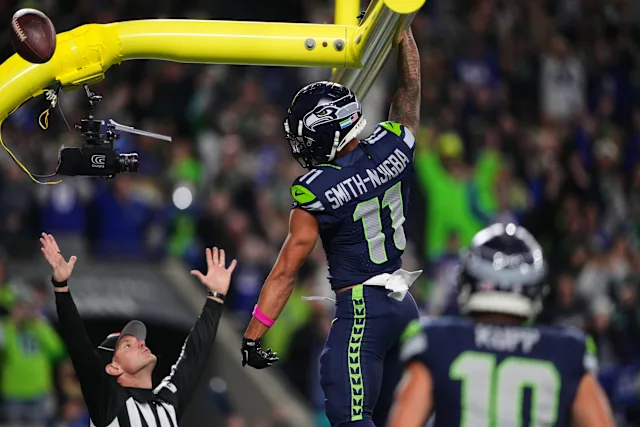








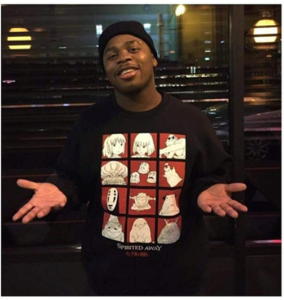

Post Comment